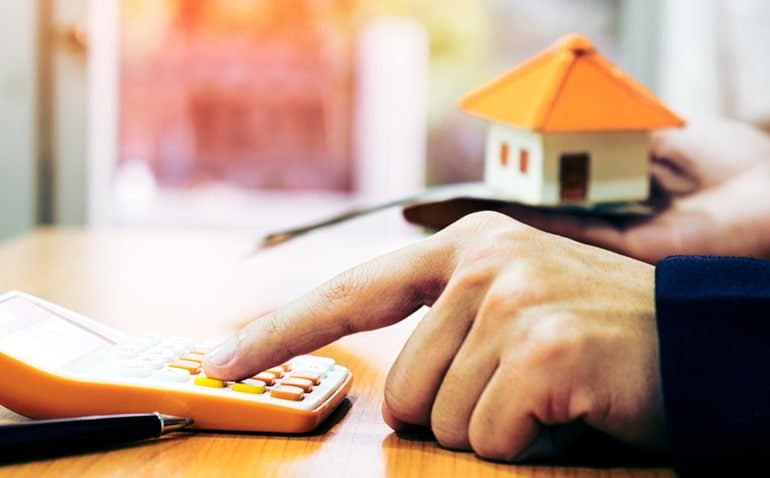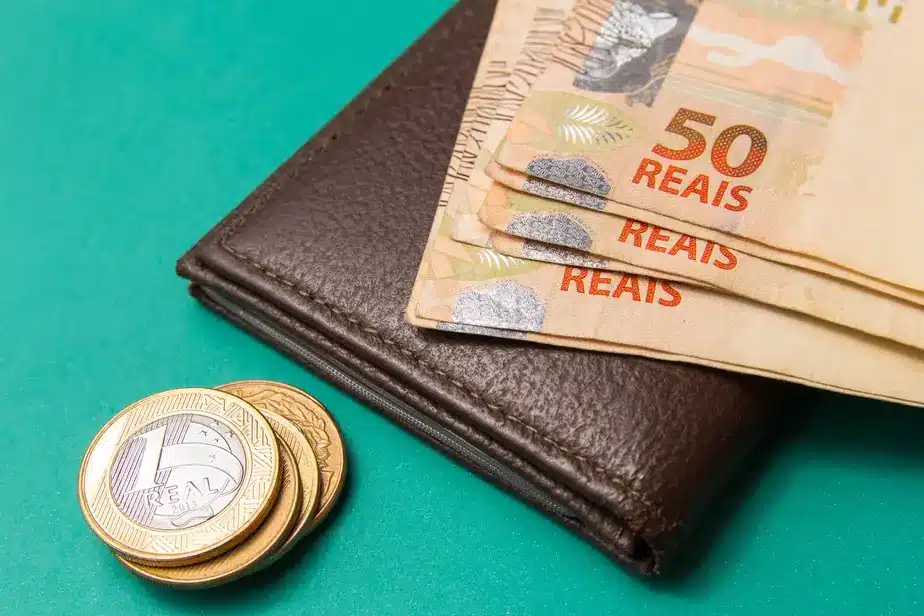Adverts
Unsecured loans are those that don't require the approval of collateral for the loan. The lender will check your creditworthiness and consider some other factors, such as income, savings and debt, to see if you qualify.
As the lender takes on more risk when the loan is unsecured, they can charge higher interest rates and demand good or excellent credit.
Adverts
Here's what you should know about unsecured loans before you choose one.
Types of unsecured loans
Comparing loan types can help you find out which is best for you. Here are the most common types of unsecured loans.
Adverts
Personal loans
You can opt for a personal loan, which is a lump sum borrowed from a financial institution that you pay back with interest, in fixed monthly instalments. Unsecured personal loans can be used for many purposes, such as consolidating debts, paying for holidays or financing a renovation project.
Revolving loans
A revolving loan has a credit limit. A bank will approve the borrower for a certain amount, which can be spent, repaid and used again. Credit cards and personal lines of credit are examples of unsecured revolving loans.
One disadvantage is that the interest rate can be variable, which means it can change over time.
Student loans
Student loans are also considered unsecured loans. Available through the federal government or private lenders, they are used to pay for education expenses.
Although these unsecured loans and lines of credit are secured only by your promise to pay, the lender still has a right of recourse if you fail to make the payments.
The creditor can send your account to a collection agency, take you to court to have your wages jeopardised and report your late payments to the credit agencies. These actions will probably cause your credit score to drop.
Who should get an unsecured loan?
If you need money but don't feel comfortable offering collateral to get a loan, an unsecured loan could be a good option.
A traditional loan is better for people who have a specific purpose for the funds, such as consolidating debts, while a line of credit is better for people who don't know how much they'll need or when.
Remember this: taking on unnecessary debt can damage your finances, so make sure you need the money before applying for a loan.
Usually, you need good credit to qualify for an unsecured personal loan because the lender is taking on more risk. You can check your credit before applying to see if it needs a little work.
Types of lenders offering unsecured loans
You can apply for an unsecured loan at several different financial institutions.

- Banks: if face-to-face service is important to you, this type of physical lender could be a good option. You may also qualify for a customer relationship discount if you already have an account with a bank. Although many of the larger banks limit their options for unsecured personal loans, some still offer them.
- Credit unions: if you're already a member of a credit union, ask about unsecured loan options. Credit unions usually offer lower interest rates and more flexible repayment terms on their unsecured credit cards and unsecured personal loans. However, loan amounts may be lower at these financial institutions.
- Creditors online: you can apply for an unsecured personal loan from many different online lenders. They can offer higher loan amounts and same-day funding, and some are willing to work with people with lower credit scores, but may have higher interest rates than other types of financial institutions.
Unsecured loan approval process
To limit the risk, lenders want to be reasonably sure that you will be able to repay the loan.
A lender measures this risk by checking a number of factors, so they may ask you about the following information when you apply for an unsecured loan (and adapt the terms according to your answers).
Your credit
Lenders check your credit reports to see how you have managed loans and credit cards in the past. Generally, they look for an established history of responsible credit use (usually one or more years), on-time payments, low credit card balances and a combination of account types.
They will also check your score, which is calculated based on the information in your credit reports. Consumers with a credit score of around 700 or more usually qualify for the best interest rates.
Your income
Knowing that you have the means to fulfil your financial obligations, including the loan payments, reduces the lender's risk. The lender may ask to see proof of a stable and sufficient income, such as a current payslip.
Your debt/income ratio
Lenders use this number to measure your ability to repay a loan. To get this number, add up all your monthly debt and debt payments by your gross monthly income.
For example, if you have R$ 500 in existing debts and R$ 2,000 in income each month, then your ratio is R$ 500 / R$ 2,000 = 0.25 or 25%. The lower the ratio, the better.
Assets
Although unsecured loans don't require collateral, the lender may want to know that you have savings. They know that you're less likely to miss loan repayments when you're prepared to cover financial emergencies.
Taking out an unsecured loan
While unsecured loans can be a good option for some people, there are a few things you should look out for when shopping around.
Interest rates
This is what you pay for the ability to borrow money. Interest rates on unsecured loans range from around 4% to 36%, depending on the lender, your creditworthiness and other factors.
As the lender takes on more risk when a loan is unsecured, interest rates on unsecured loans tend to be higher than on secured loans.
Late fees
Some lenders charge a fee if you delay or miss a payment. The penalty is twofold, since your score can also suffer as a result of missed or late payments. You can avoid late payment penalties by always paying your monthly bill on time.
Payment in advance
Although paying off your debt is always a good thing, some lenders charge a fee if you pay off the loan in full before the end of the scheduled period. This is because the lender counts on earning interest on your payments.
Before applying for an unsecured loan, check whether the lender charges a penalty for this type of payment.
How do I apply for an unsecured loan?
If an unsecured loan is right for you, start by researching the terms of the loan among several banks, credit unions and lenders online. Compare the interest rates, fees, terms and amounts of the loan and special features the lender offers.
You can see which loans you qualify for before applying for a loan.



